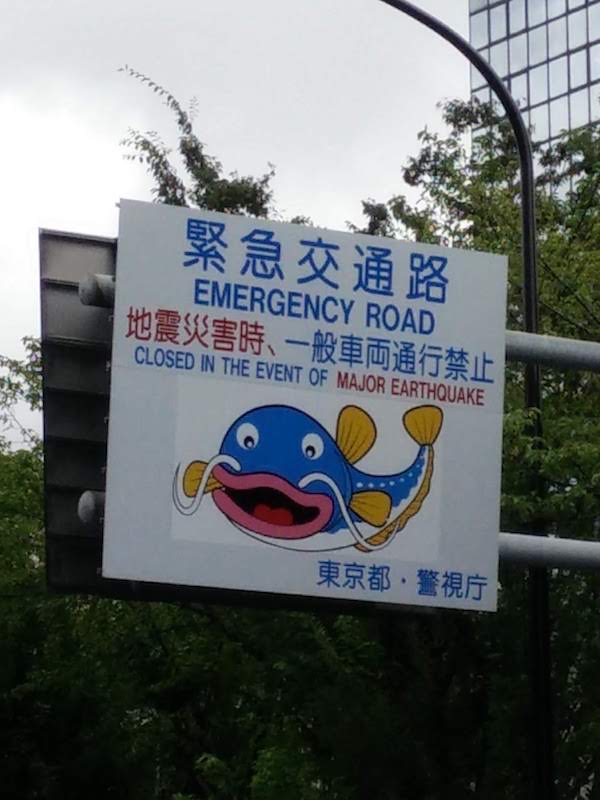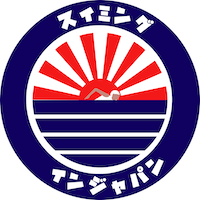As much as we love to swim in pools and public beaches, often the most fun is to be had exploring wild spots.
All places, lifeguards or no lifeguards, have their own set of dangers, and after the crazy summer we’ve had in Japan, we think it’s important to outline some of these that you may not be faced with in other countries.

Volcanoes
As beautiful as it is, from all angles, the national symbol Mount Fuji remains an active volcano which could erupt at any time. The mountain is immediately surrounded by wonderfully swimmable lakes, which we thoroughly recommend jumping into.
While it’s highly unlikely you’ll be caught in an eruption, and you will be fairly safe here, with tried and tested procedures in place, there are some other spots across the archipelago where you should check for seismic activity before you go.
Often these will also be on some of the most idyllic spots, like Kagoshima, south Kyushu - where you’ll find Sakurajima (桜島) one of the most active volcanoes on earth (!) Do your research and note the escape procedures wherever you go in Japan, please!
Earthquakes and Tsunami
Spend any reasonable amount of time in Japan and you will experience a tremor of some kind. Most of them are small but some aren’t. What’s more, no matter the reading on the scale, there can be further dangers caused by tsunami.
If you see roads with these amazing fish take heart that you are on the evacuation route.


Always research evacuation procedures before you go anywhere as there may not be friendly mustachioed fish to guide you. Tsunami can happen very suddenly, and surely we have all seen the damage they can do, with much of east Japan still suffering from 2011.

Typhoons and Climate
Further dangers out there in Japan are caused by the climate. Japanese summers suffer from a fairly constant stream of typhoons, whipped up in tropical regions of the Pacific Ocean to the southeast of Honshu, usually. Some are worse than others, and indeed some years seem worse than others. Recent years have seen some especially harsh ones, causing landslides, sudden water level rises and floods, across the entire archipelago, even in Hokkaido.
Never go off alone without informing someone of your plans and your locations, and please, once again, do check the weather bulletins regularly: they can change fast.
Finally, of course, Japan is very safety conscious and some might say the national character is shaped by long-term experience of dangers like these: surely pragmatic, under the circumstances.
Conversely it does mean that wild swimming, open-water swimming and independent travel can be seen as highly dangerous by others around you. Please be respectful. Many people just haven’t come across the idea of swimming in a lake or a river before, in spite of the fact that a lot of people do it here.
If you find yourself or know of anyone in trouble, the emergency services (police, ambulance and fire service) are an easy-to-remember number: 119.
It will be free to call from any phone. Though basic English is advised if you don’t know any Japanese.
Happy, safe swimming, everybody.













